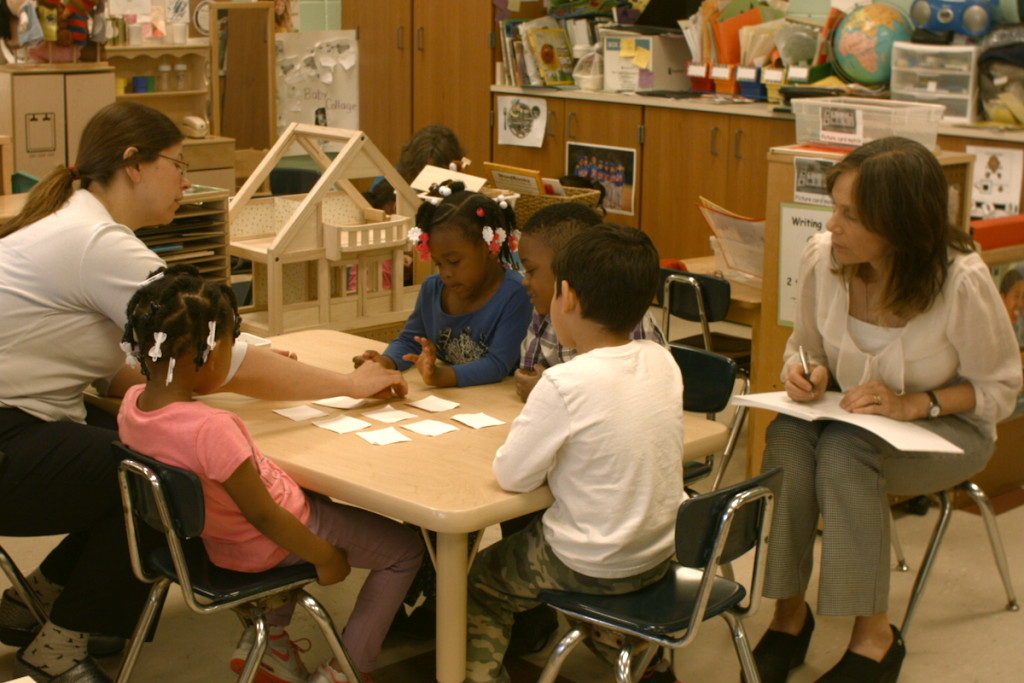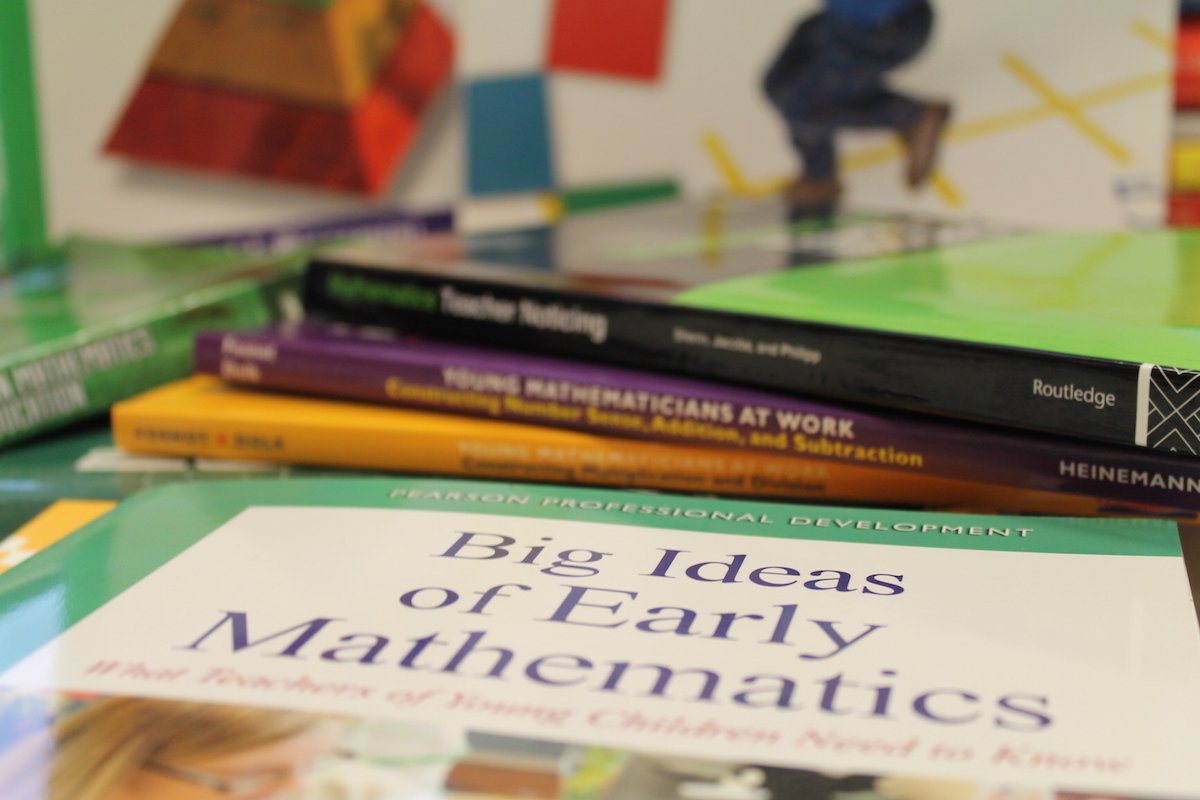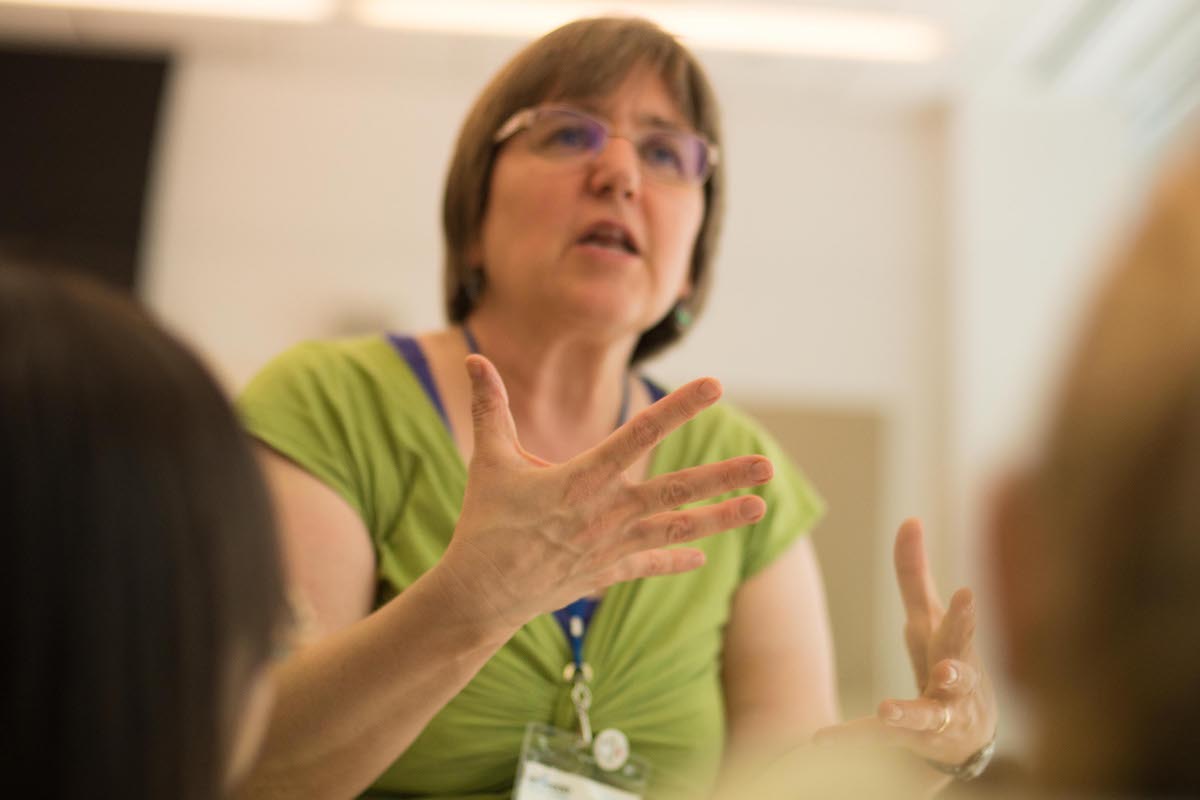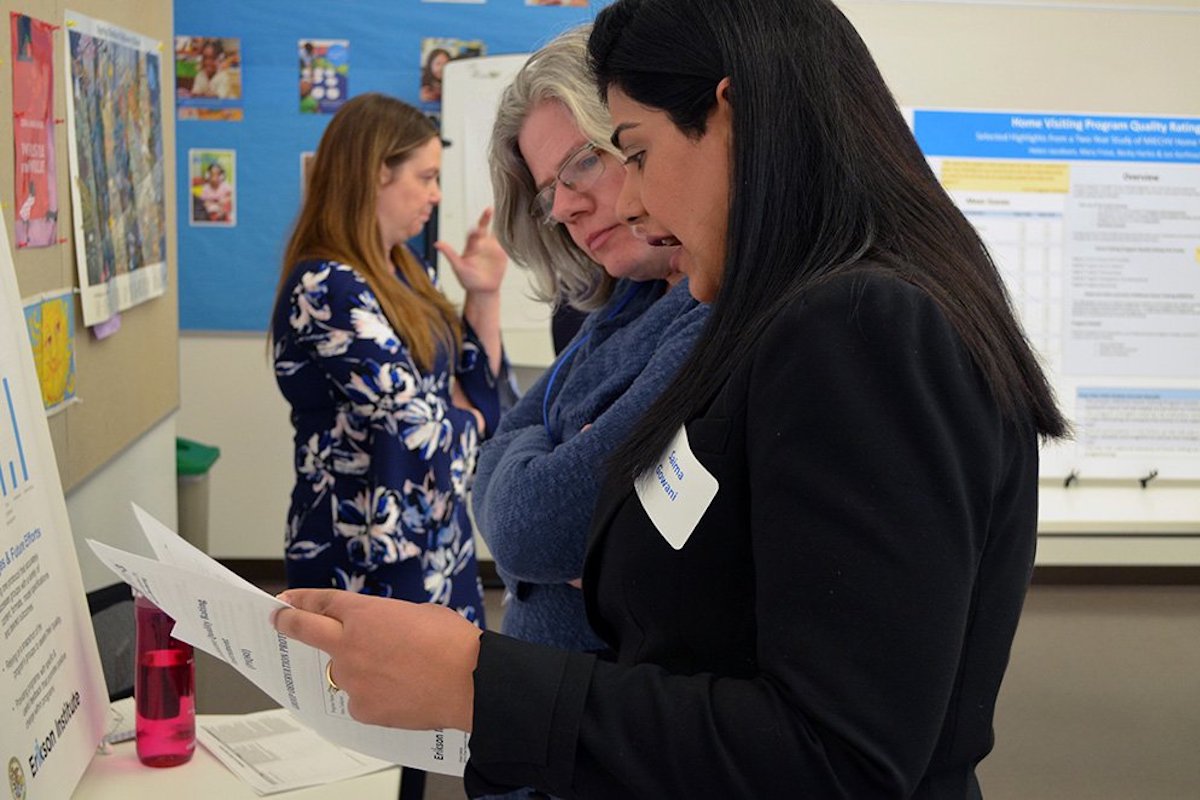Teacher Development
Our research focuses on understanding teacher development in early mathematics: what does it look like? how is it likely to occur over time? how can it best be supported? what is its effect on children’s math learning?
To study these questions, we refer to the Whole Teacher Approach, a framework we use to design our professional development (PD). Just as the Whole Child Approach–familiar to many in the early childhood field–directs teachers’ energy toward not only children’s cognitive development but also their social/emotional and physical development, the Whole Teacher Approach urges broader, wholistic attention given to teachers as part of PD.
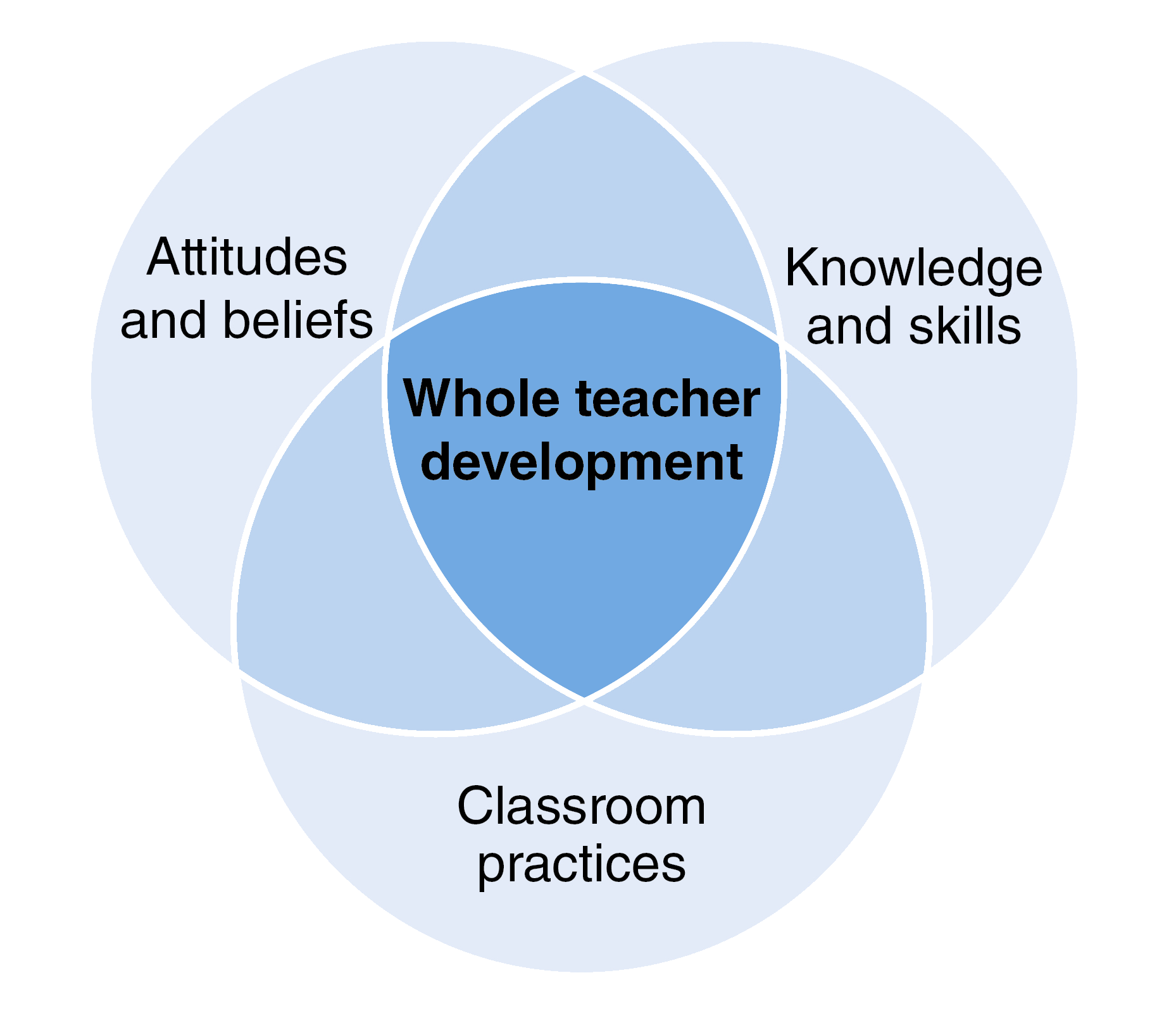
Whole Teacher Approach
We parse this construct as teachers’ knowledge, attitudes, and practices related to early math and use these elements to guide the design and implementation of our educational efforts. That is, our PD is explicitly designed to address not only teachers’ knowledge, but also teachers’ attitudes about math and math teaching and their math teaching practice.
In an effort to understand how and whether our PD is working, we assess changes in these three factors among early childhood teachers. Because early math education is still a relatively under-studied topic, there is a paucity of research tools designed to study how teachers develop. There are several good tools for studying math teachers and teaching at the elementary school level, but early mathematics is so different that much of what these tools assess does not apply well in a preschool or even kindergarten classroom. Further, we are also working with caregivers of infants and toddlers to improve their understanding of the thinking and learning that precedes mathematics among young children. Elementary-level assessments of teachers’ development are not adequate for understanding shifts among teachers that are relevant to teaching our youngest children. For this reason, we are developing our own tools.
